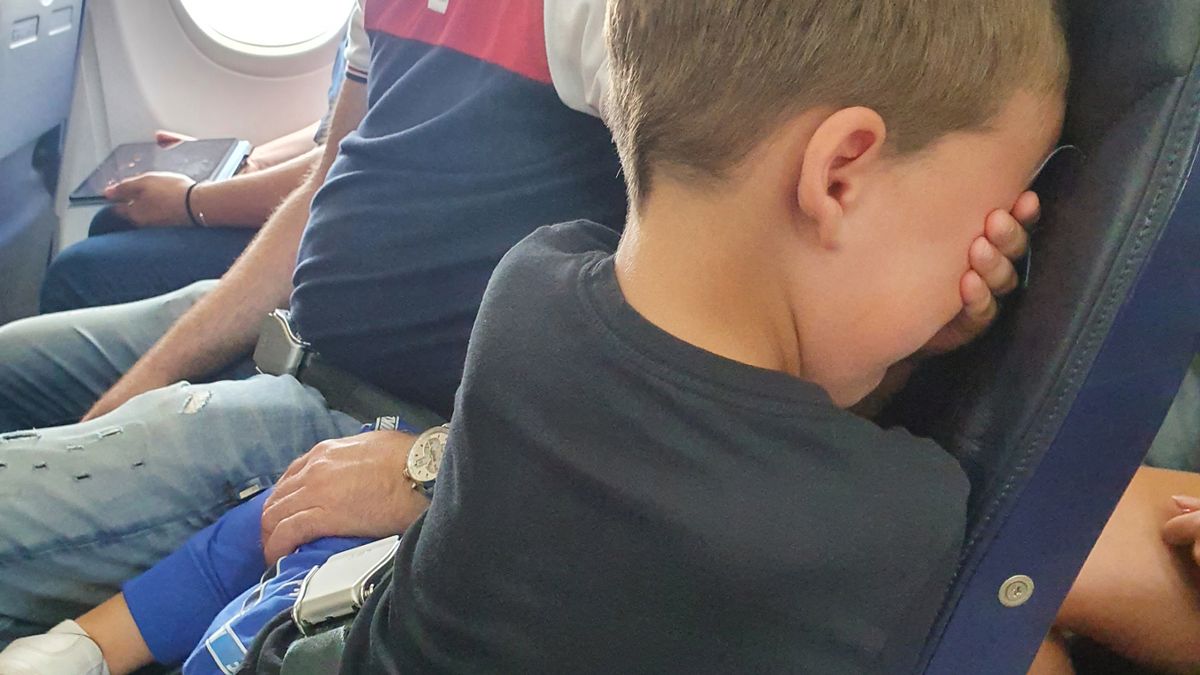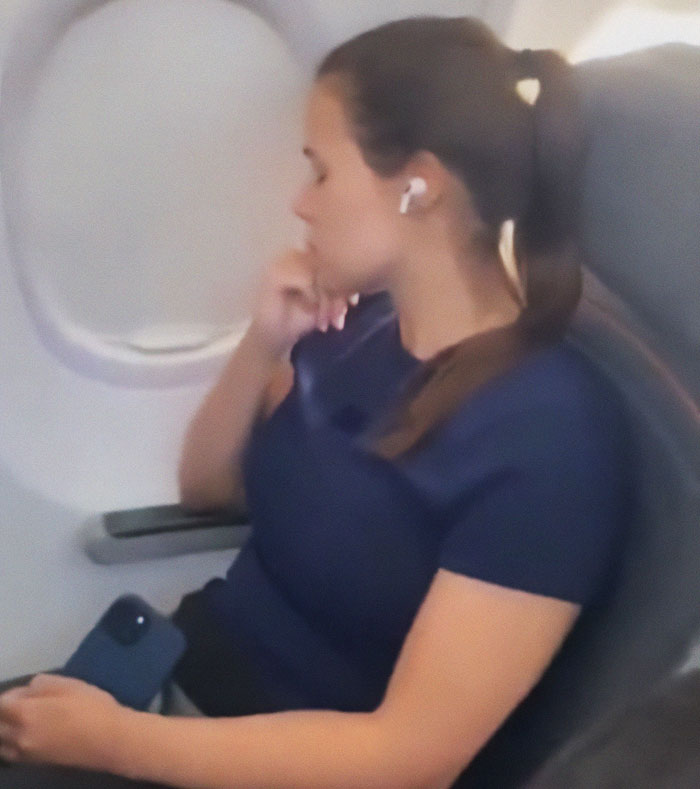
In today’s hyper-connected world, a moment of privacy can be upended in seconds. That was the reality faced by 29-year-old Jennifer Castro, a Brazilian passenger on a GOL Airlines flight whose decision to keep her pre-selected window seat — rather than giving it up to a crying child — became the focal point of a viral controversy.
The incident unfolded quietly at first. Castro, who had paid for and selected a specific seat in advance, boarded the plane expecting to occupy the space she had reserved. Instead, she found a child already seated there. While she waited for the child to be moved to a different seat, a fellow passenger — not the child’s parent — began filming her interactions, seemingly disapproving of her decision not to switch places.
The video rapidly gained traction online, amassing millions of views and igniting public debate. Viewers shared polarized opinions, with some calling her behavior inflexible, while others defended her right to occupy the seat she had chosen and paid for. What followed, however, was an unexpected turn: Castro’s social media following skyrocketed, reaching over 2 million followers. Despite the visibility, the fallout wasn’t entirely positive.

Castro, formerly employed in the banking sector, described a cascade of personal and professional consequences. “What should have been an ordinary flight turned into an extremely humiliating situation,” she explained. “I was exposed unfairly and became the target of judgment from people who didn’t know the full context.”
The psychological strain, combined with public shaming, prompted Castro to step away from her banking job and avoid public appearances. She later filed legal action against GOL Airlines and the passenger who filmed her, citing emotional distress, reputational damage, and an invasion of privacy. No legal action has been directed toward the child’s mother, she clarified.

“I’m not seeking compensation simply for the sake of damages,” she said. “This case is about setting boundaries. No one should be filmed without consent and subjected to online harassment for asserting a basic right.”
:max_bytes(150000):strip_icc():focal(1383x548:1385x550)/mother-and-children-on-a-plane-112224-a77057b2ff34451baaef924d823155e8.jpg)
Her legal team has compiled evidence supporting claims of privacy violation and reputational harm. She believes her experience reflects a broader social issue — the tendency to cast quick judgment in an era of viral media, often without full knowledge of the circumstances.
The event has ignited conversation around the limits of public behavior in private spaces and the growing tension between digital voyeurism and individual rights. While some believe that social accountability through viral content is necessary, others see it as a dangerous erosion of personal autonomy.
Castro also emphasized the need to normalize saying “no” without fear of being labeled selfish. “We live in a society where refusal is often seen as cold or inconsiderate, especially when it comes from a woman,” she said. “But respecting personal boundaries is essential to a functioning and empathetic community.”
Though the lawsuit is still in its early stages, it represents a significant moment in the conversation about consent, online exposure, and digital ethics. In a world where a single clip can redefine a person’s public identity, Castro’s case may set an important precedent about the cost of going viral.
